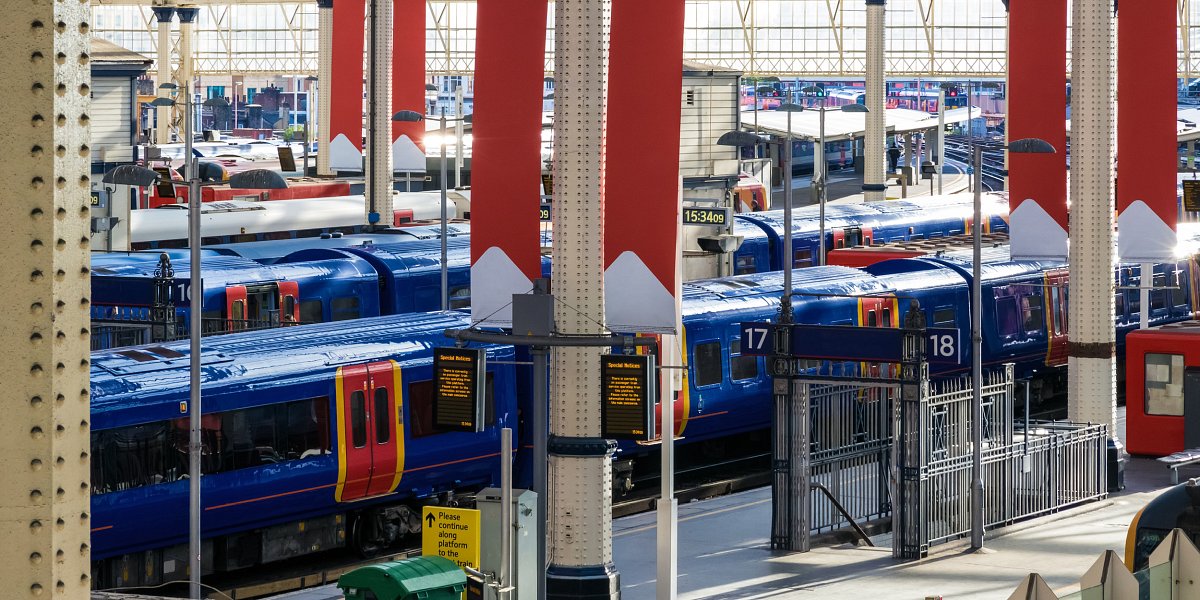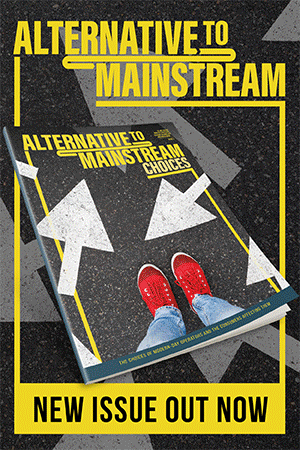Rail strikes to hinder hospitality over festive season
Rail union RMT has announced it will put on a series of 48-hour strikes in December and January.

Rail union RMT has announced it will put on a series of 48-hour strikes in December and January, after industry bosses failed to offer any new deals to reach a settlement over pay and job security.
Over 40,000 members across Network and 14 train operating companies will take strike action on 13, 14, 16 and 17 December and on 3, 4, 6 and 7 January.
The announcement has been met with disappointment and worry across the pub and bar industry, as the lack of public transport will contribute to staff shortages and keep pub goers away from venues over the festive period.
“Continued rail strikes have had a huge impact on our hospitality sector; preventing staff from making it into work and disrupting consumer plans, meaning a huge drop in sales for venues across the sector," says UKHospitality chief executive Kate Nicholls.
“Further strikes during the busiest time of the year for hospitality will be devastating, just as everyone was anticipating an uninterrupted Christmas period for the first time in three years.
“I’d encourage all parties to come together to find a resolution that can avoid further strikes and the disruption they cause both businesses and the public.”
RMT has said that there will also be an overtime ban across the railways from 18 December until 2 January, meaning the union will be taking industrial action for four weeks.
The organisation believes that the government is directly interfering with its attempts to reach a settlement.
"This latest round of strikes will show how important our members are to the running of this country and will send a clear message that we want a good deal on job security, pay and conditions for our people," says RMT general secretary Mick Lynch.
"We have been reasonable, but it is impossible to find a negotiated settlement when the dead hand of government is presiding over these talks.
"The employers are in disarray and saying different things to different people sometimes at the same time. This whole process has become a farce that only the new secretary of state can resolve. When I meet him later this week, I will deliver that message.
"In the meantime, our message to the public is we are sorry to inconvenience you, but we urge you to direct your anger and frustration at the government and railway employers during this latest phase of action."











